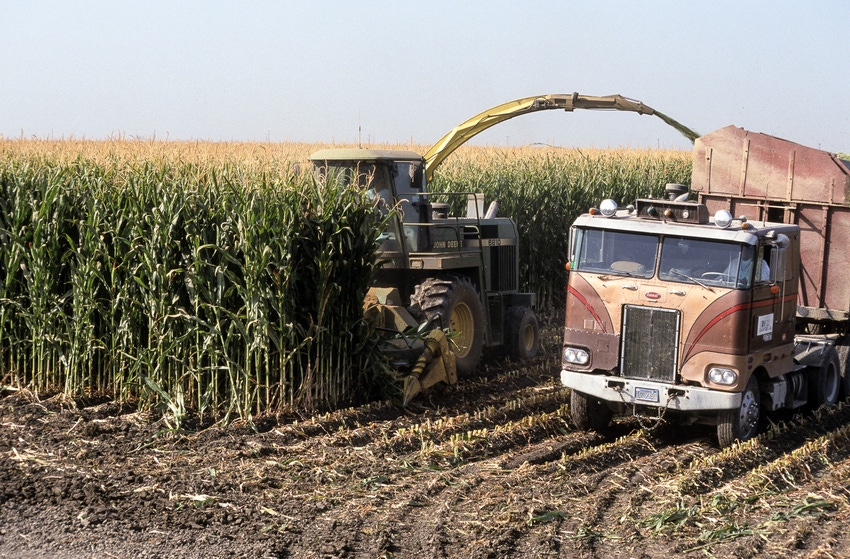November 22, 2017

In 2016, corn growers across the United States faced challenges from mycotoxins with a likelihood of repeating itself in 2017. Growers in different regions experienced varied weather conditions that could reduce yield, and increase plant stress which could lead to challenges with mycotoxins.
Corn silage samples from across the U.S. have shown extremely high levels of mycotoxins, particularly deoxynivalenol (DON), type A trichothecenes (T-2), fusaric acid and fumonisin, according to the company Alltech.
California silage corn samples show risk for Fumonisin and Fusaric Acid, says Dr. Max Hawkins, nutritionist with the Alltech Mycotoxin Management Team.
According to Hawkins, half of the samples are “moderate to higher risk for dairy” while grass silage and small grain silage have risk to DON, Fumonisin and Penicillium. The latter is a high risk on average samples with one-third of all samples at a higher risk, he says.
Oncmycotoxins are in the crop, they will not go away. There can be higher levels of mycotoxins on farms practicing monocropping of corn, as opposed to farms that rotate crops or use deeper tillage methods.
Samples submitted to the Alltech 37+ mycotoxin analytical services laboratory between Sept. 1 and Nov. 1 showed that grains contained mixtures of mycotoxins, including DON, fusaric acid and fumonisin. Forages such as corn silage, barlage and haylage samples also contained multiple mycotoxins in 2017, including DON, fusaric acid, T-2 and fumonisin.
Fumonisin is trending higher across all states and can have a negative impact on feed intake, gut health, liver function and immune response. Swine and horses are particularly sensitive.
Mycotoxins are a regular concern for producers, as it can they influence feed quality and animal safety. They are produced by certain species of molds and can have toxic properties that impact animal health and performance.
Alltech will host a webinar to review the 2017 Alltech Harvest Analysis results for the U.S. with Hawkins on Dec. 14, at 10 a.m. EST. Register for the webinar via this link.
Get more information on mycotoxin management online at knowmycotoxins.com.
You May Also Like




